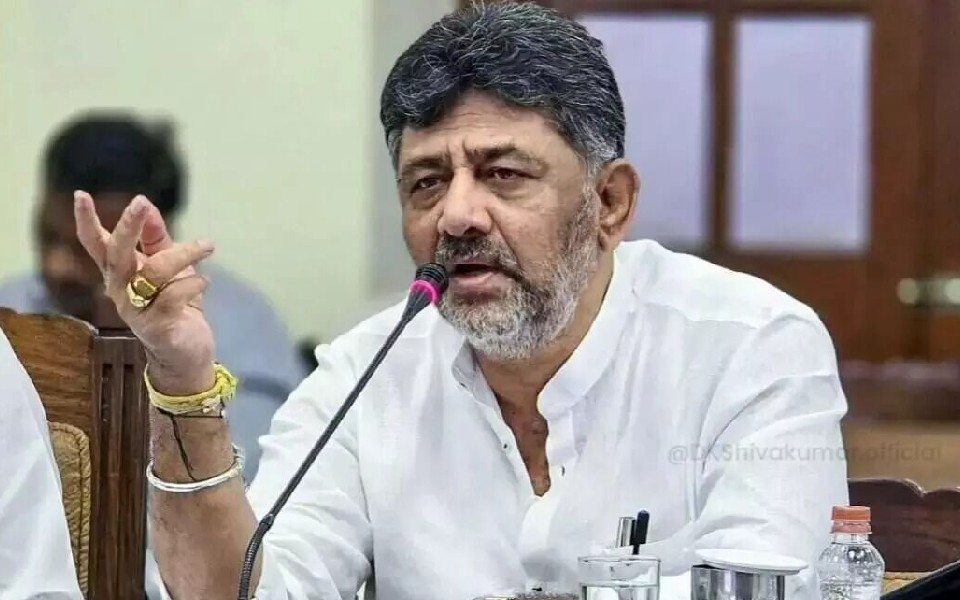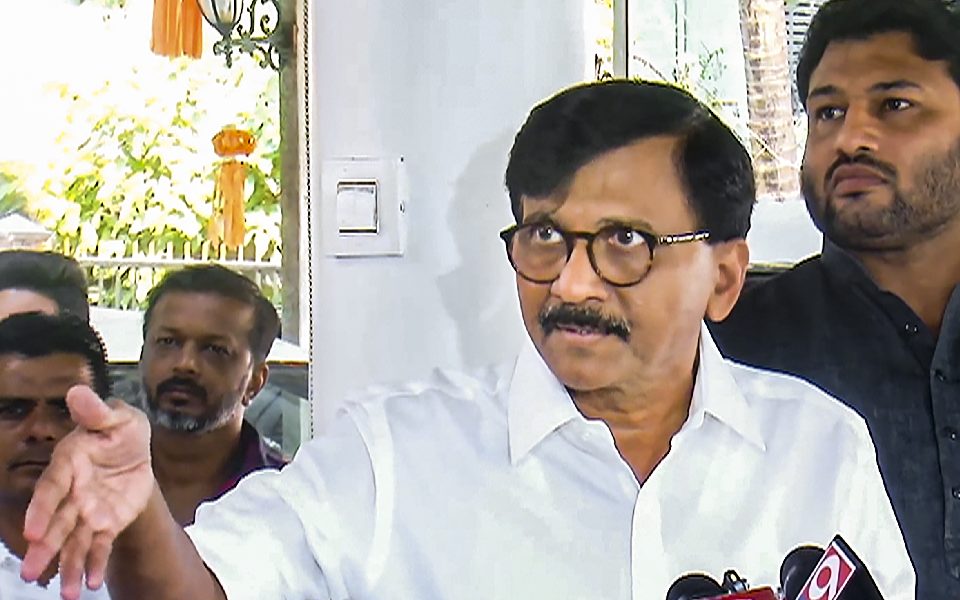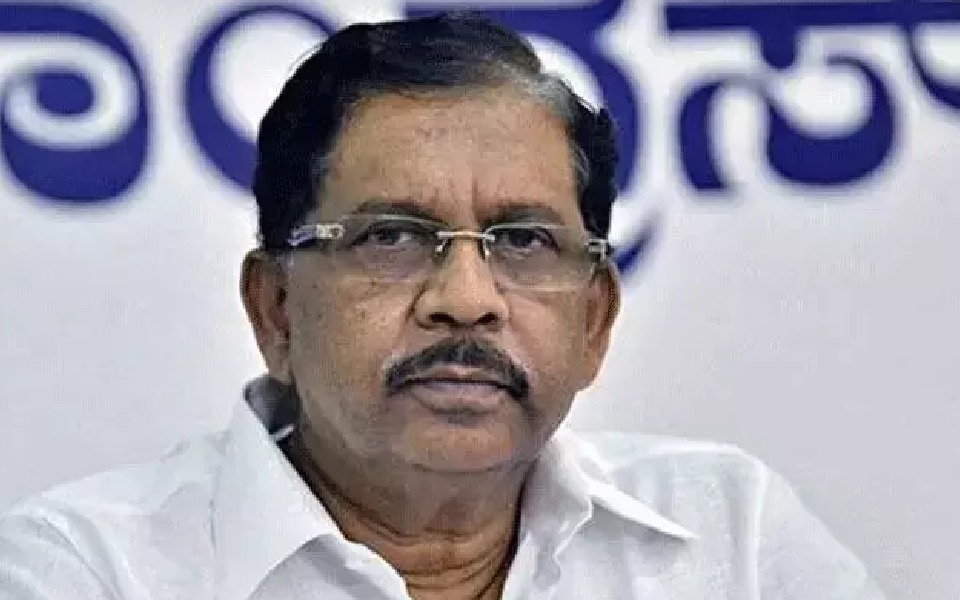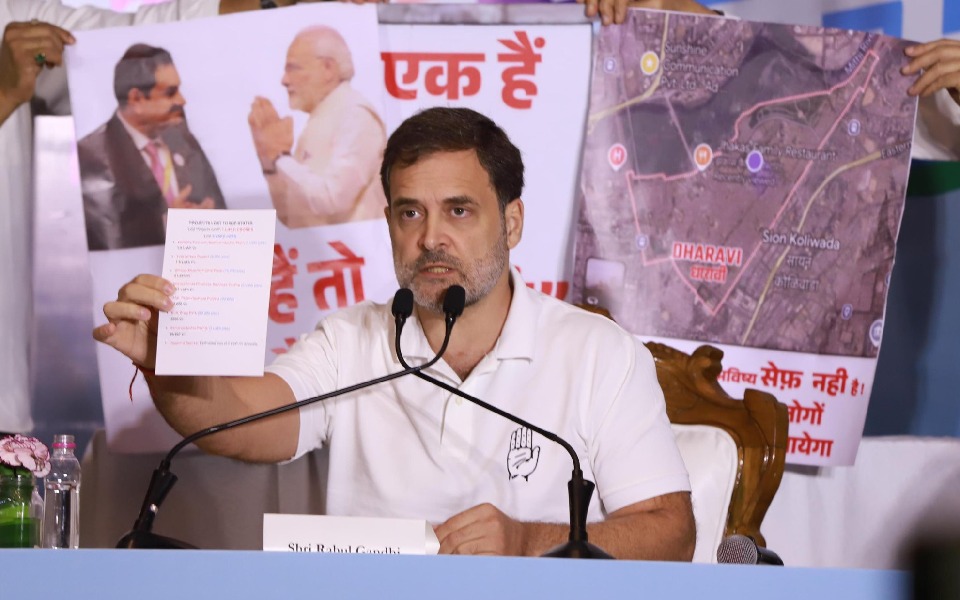Bengaluru: Karnataka Deputy Chief Minister D.K. Shivakumar, who also holds the Bengaluru Development portfolio announced the implementation of the 'Nambike Nakshe' (Trust Map) project to address the issues faced by Bengaluru residents in obtaining approval for building plans under the Bruhat Bengaluru Mahanagara Palike (BBMP).
During a press conference at Vidhana Soudha on Monday, Shivakumar explained that the scheme allows city residents to have their building plans approved by certified designers or engineers, who can then submit them online for final approval. The 'Trust Map' scheme is specifically designed for plots up to 50/80 square feet in area.
According to the Minister, this initiative is particularly relevant for plots developed by the Bangalore Development Authority (BDA) and housing societies, which mostly fall within the 50/80 area category. The scheme enables residents to proceed with the construction and renovation of houses without encountering major hurdles.
ALSO READ: Karnataka CM post not vacant, Siddaramaiah will continue: Deputy CM DK Shivakumar
Approved engineers, building designers, and auditors will provisionally sanction the building plans, and company engineers will conduct subsequent inspections.
Initially, the project was piloted in two BBMP zones, and after addressing any shortcomings, it is now being expanded across all BBMP sectors, said DK Shivakumar, emphasizing that this initiative would help prevent people from facing unnecessary delays and difficulties with the corporation.
Furthermore, he mentioned that 2,795 roadblocks have been identified within the BBMP zone, and the civic body has been instructed to ensure that all potholes are completely filled within the next 15 days. Major roads will also be repaired with an allocation of ₹660 crore, he announced.
In addition, the Deputy Chief Minister outlined plans for the construction of a 30-foot-wide road spanning 300 kilometers, in compliance with the National Green Tribunal (NGT) rules, which prohibit construction within a 50-meter radius of the Rajakaluve. Landowners who surrender their private land for this purpose will be compensated through Transfer of Development Rights (TDR), which they can then sell.
The first phase of this project will cover 100 kilometers, with an initial grant of ₹200 crore. The identified areas include Hebbal, Nagawara, Bellandur, and parts of Bengaluru South. While buses will be restricted from using these roads, school and private vehicles will be permitted.
Lastly, Shivakumar highlighted the upcoming cleanliness campaign across the city, commemorating 100 years since Mahatma Gandhi assumed office as Congress President in Karnataka. Additionally, he mentioned that one thousand schoolchildren would be taking pledge online as part of the campaign.
Let the Truth be known. If you read VB and like VB, please be a VB Supporter and Help us deliver the Truth to one and all.
Mumbai, Nov 25: Shiv Sena (UBT) MP Sanjay Raut on Monday demanded a re-election in Maharashtra using ballot papers, claiming there were irregularities with the electronic voting machines (EVMs).
Talking to reporters, Raut alleged several complaints about EVMs malfunctioning and questioned the integrity of the recently held elections.
The BJP-led Mahayuti won 230 out of 288 seats in the assembly elections, while the opposition Maha Vikas Aghadi managed 46 seats, with Shiv Sena (UBT) winning just 20 out of 95 seats it contested.
"We have received nearly 450 complaints regarding EVMs. Despite raising objections repeatedly, no action has been taken on these issues. How can we say these elections were conducted fairly? Hence, I demand that the results be set aside and elections be held again using ballot papers," Raut said.
Citing some instances, he said a candidate in Nashik reportedly received only four votes despite having 65 votes from his family, while in Dombivli, discrepancies were found in EVM tallies, and election officials refused to acknowledge the objections.
The Sena (UBT) leader also questioned the credibility of the landslide victories of some candidates, saying, "What revolutionary work have they done to receive more than 1.5 lakh votes? Even leaders who recently switched parties have become MLAs. This raises suspicions. For the first time, a senior leader like Sharad Pawar has expressed doubts about EVMs, which cannot be ignored."
Asked about the MVA's poor performance in the elections, Raut rejected the idea of blaming a single individual.
"We fought as a united MVA. Even a leader like Sharad Pawar, who commands immense respect in Maharashtra, faced defeat. This shows that we need to analyse the reasons behind the failure. One of the reasons is EVM irregularities and the misuse of the system, unconstitutional practices, and even judicial decisions left unresolved by Justice Chandrachud," he said.
Raut stressed that though internal differences might have existed within the MVA, the failure was collective.
He also accused the Mahayuti of conducting the elections in an unfair manner.
"I cannot call the elections fair given the numerous reports of discrepancies in EVMs, mismatched numbers, and vote irregularities across the state," Raut said.





